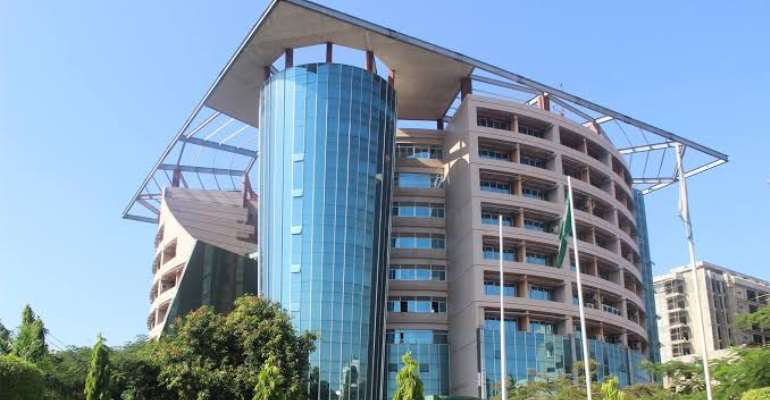NCC, Stakeholders Discuss On Data Depletion

The Nigerian Communication Commission on Thursday disclosed plans to bring in measures to curb data depletion and ensure that telecom subscribers get value for their money.
The commission noted that data depletion was one of the most prevalent complaints received from telecom consumers.
The Executive Vice Chairman/ Chief Executive Officer, NCC, Prof Umar Danbata said this at the 91st edition of the Telecom Consumer Parliament tagged “Data depletion: Discussions on Various Perspectives”, held in Abuja.
Danbata said most of the complaints came as a result of the recent customer’s migration to 4G/LTE technology.
The EVC, who spoke through the Director, Licensing and Authorisation, Muhammed Babajika, noted that this edition came on the heels of the 90th edition in Lagos in June 2022, where the commission gathered industry players to discuss the theme “5G Technology: Opportunities and Challenges”.
According to him, the country struggled with the effect of the COVID-19 lockdown, which necessitated an upsurge in the use of data-enabled devices for communication whether for school, work or social interaction.
He said, “This deliberation could, therefore, not have come at a more auspicious time, as Nigeria moves with the rest of the world towards 5G technology, following the issuance of 3.5GHz spectrum licenses to MTN Nigeria Communications Limited, MAFAB Communications Limited and Airtel Networks Limited.
“It is, therefore, important that we completely appreciate and understand the issues surrounding data depletion, its usage and consumption in the era of 4G technology before we fully commence 5G usage.
According to the NCC boss, as much as the commission has an obligation to the telecom consumer, it also has an obligation to the industry; a symbiotic relationship in which one party cannot survive without the other.
“The consumers are the basis for the operator’s business. If their interests are ignored, the operator’s investments would collapse and there would be no industry for the commission to regulate.
“It is, thus, expedient that we utilise opportunities presented by the commission’s high-level outreach events such as this Parliament to genuinely exchange ideas on how to reduce the challenges militating against effective service provision to the barest minimum, he explained
